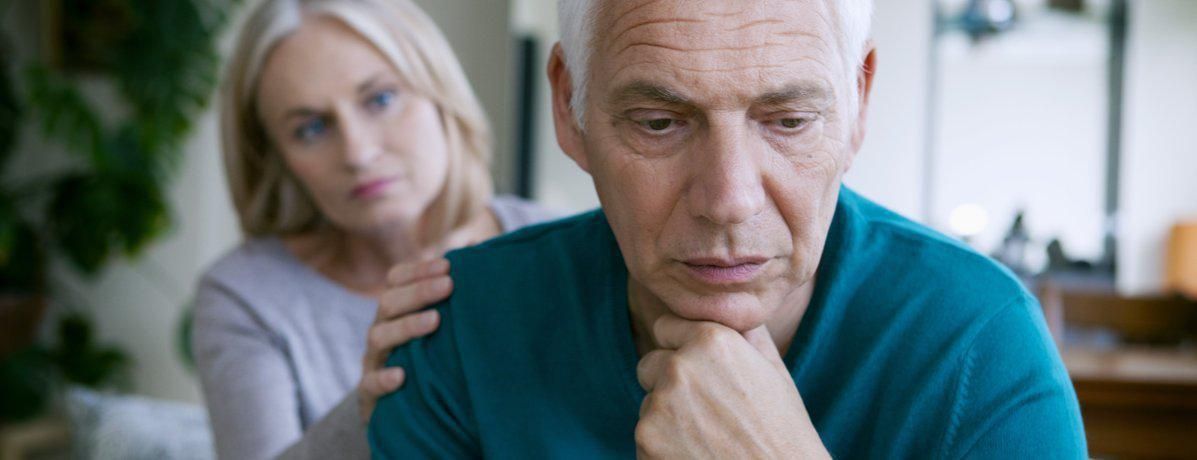Decreased Libido (men and women)
There are numerous factors both externally and internally that trigger sexual desire, arousal, and the physical responses of your body.
What is decreased libido?
Decreased libido is the lessening of your desire to engage in sexual activity. For men, libido commonly decreases with age. For women, libido fluctuates throughout their adult lives.
Certain medical conditions and medications can lead to decreased libido. So can changes in your life such as stress, relationship issues, lack of sleep, and hormonal deficiencies. There is no exact definition of this condition, so each person decides for themselves if this is a problem. If your lack of passion is interfering with your life, then the medical professionals at Pasadena Pellet Therapy can help.
How does decreased libido affect women?
Decreased libido affects women by reducing interest in any type of sexual activity, along with a lack of sexual fantasies or thoughts. Decreased libido can result from:
- Pain during sex
- Inability to achieve orgasm
- Medical conditions and the medications taken to treat them (such as antidepressants)
- Lifestyle choices — overindulging on alcohol, drugs, or tobacco
- Exhaustion — due to caring for family members, illness or surgery, over-exercising
- Hormonal changes — due to perimenopause, menopause, severe PMS, or other hormonal disorder
- Psychological — chronic anxiety, depression, stress
- Relationship issues — such as lack of emotional closeness, trust issues, loss of intimacy
How does decreased libido affect men?
Most men maintain at least some degree of sexual interest well into their 60's and 70's and even longer. Decreased libido in men can be due to an underlying condition, including:
- Depression and stress
- Inadequate sleep
- Endocrine disorder that decreases the male sex hormone
- Medical conditions including sleep apnea, kidney or liver disorders, diabetes, and others
- Medication side effects
- Low testosterone (low-T)

